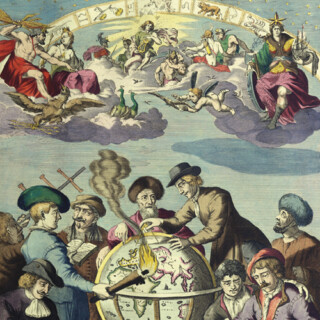Map Showing Locations of Olympic Events in Los Angeles County
Los Angeles,
Clason Map Co.,
1932.
Folding lithographed map and text printed on recto and verso of a single sheet.
710 by 554mm. (28 by 21.75 inches).
14372
notes:
A tourist's map and guide to the 1932 Los Angeles Olympic games.
Los Angeles was the host city for the tenth Olympic games, held from July 30th to August 14th, 1932. Due to the Great Depression, the LA Olympics were held on a shoestring budget. This unfortunate fact, as well as California's relative remoteness, caused these games to have the lowest athlete participation since 1904. Despite these hurdles, the standard of competition at the games was excellent, an...
Los Angeles was the host city for the tenth Olympic games, held from July 30th to August 14th, 1932. Due to the Great Depression, the LA Olympics were held on a shoestring budget. This unfortunate fact, as well as California's relative remoteness, caused these games to have the lowest athlete participation since 1904. Despite these hurdles, the standard of competition at the games was excellent, an...
bibliography:
provenance:










